
views
HYDERABAD: Though rare, the murder of a teacher by a 15-year-old student in St Mary’s Anglo-Indian Higher Secondary School in Chennai has had teachers in the twin cities on the edge of their seats on Friday.“The discussion in the staff-room today centred around the very incident. Most of my colleagues feel there is little security for teachers these days. Even in the worst-case scenario, we cannot raise our voice or punish a student as corporal punishment has been completely stopped,” said S Rathnamani, mathematics teacher at the Kendriya Vidyala, Uppal.The disturbed teachers not just at KV but also at other schools expressed their anguish at the leniency being shown by parents towards their children. V Sarada, a high school teacher, complained that parental involvement has been reduced to a minimum. “The only time parents take a keen interest in their child’s performance is when the exams are around. The only way we can inform them about their child’s behavioral problems is by writing remarks in the diaries of the students,” explained the physics teacher.But experts have an altogether different take on the Chennai incident.It is difficult to blame the offender alone for his actions, opined psychologist Tina Fernandes. “Though there was a pre-meditated thought of purchasing and bringing the knife to school, the child might not have realized the consequences of his action. Parents and teachers alike need to be conscious of the phase the children are going through as anger can be usually detected from gestures and physical movements of youngsters,” pointed out Tina Fernandes, head of the Psychology Department at St Francis College for Women at Begumpet.Stressing the need for children to express their feelings to parents or teachers, the counselor observed that non-acceptance of failure has led to frustration among students, teachers and parents alike. “There is a need for emotional intelligence or stress management classes for school staff as well as students. There is also a culture of displacement of anger when parents vent their frustration on children. Parents need to listen more often,” the counselor suggested.However, parents appear reluctant to blame their “aggressive” children. Often, there are students who only seek to draw attention to themselves due to apathy at home, pointed out V Sarada, a parent. “My son used to indulge in destructive activities and every other day there would be a complaint that he broke something or misbehaved in class. We started a therapy session and realized that Vamsi had ADD (Attention Deficit Disorder) which his teachers could not understand. Spending more time with him has helped and he rarely indulges in such activities anymore,” explained R Laxmi, a manager at a national bank.But parents like her are rare, believe the teachers who insist that highly aggressive behaviour of students is just a reflection of their “family values.” “As a teacher working in Theni Malai, I had students who vandalized the school property often. Most of them came from families where they were paid little attention. The only effective way to tackle these students is by engaging them in classroom and asking them more questions. It keeps them involved. The present grade system also allows us to allocate marks for general behavior and skills. This is an added bonus,” said Rathnamani, who has been in the profession for 30 years.Agreeing with her, Tina Fernandes opined: “Though schools practise it, students should start their day with a prayer and meditation. Emotions and reasoning are inversely proportional to each other. Empathetic listening can do wonders for children and parents alike.”










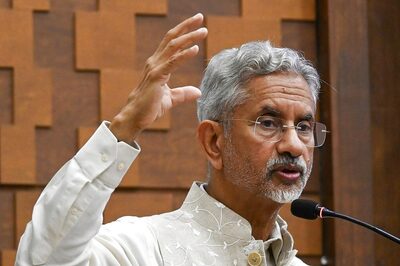

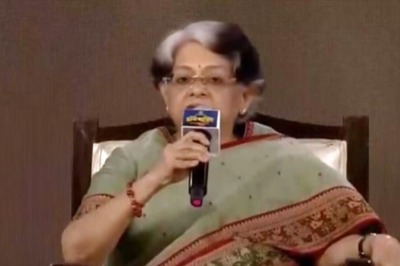


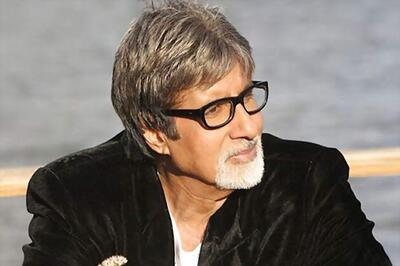

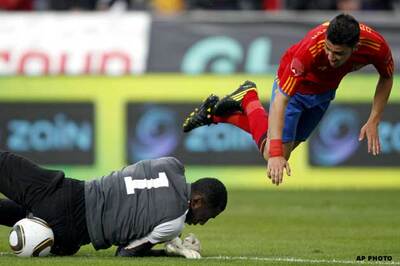
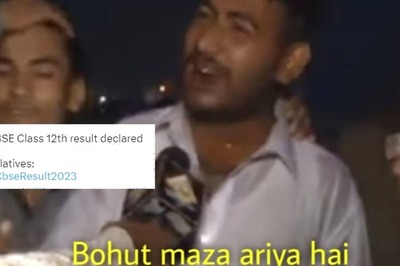

Comments
0 comment